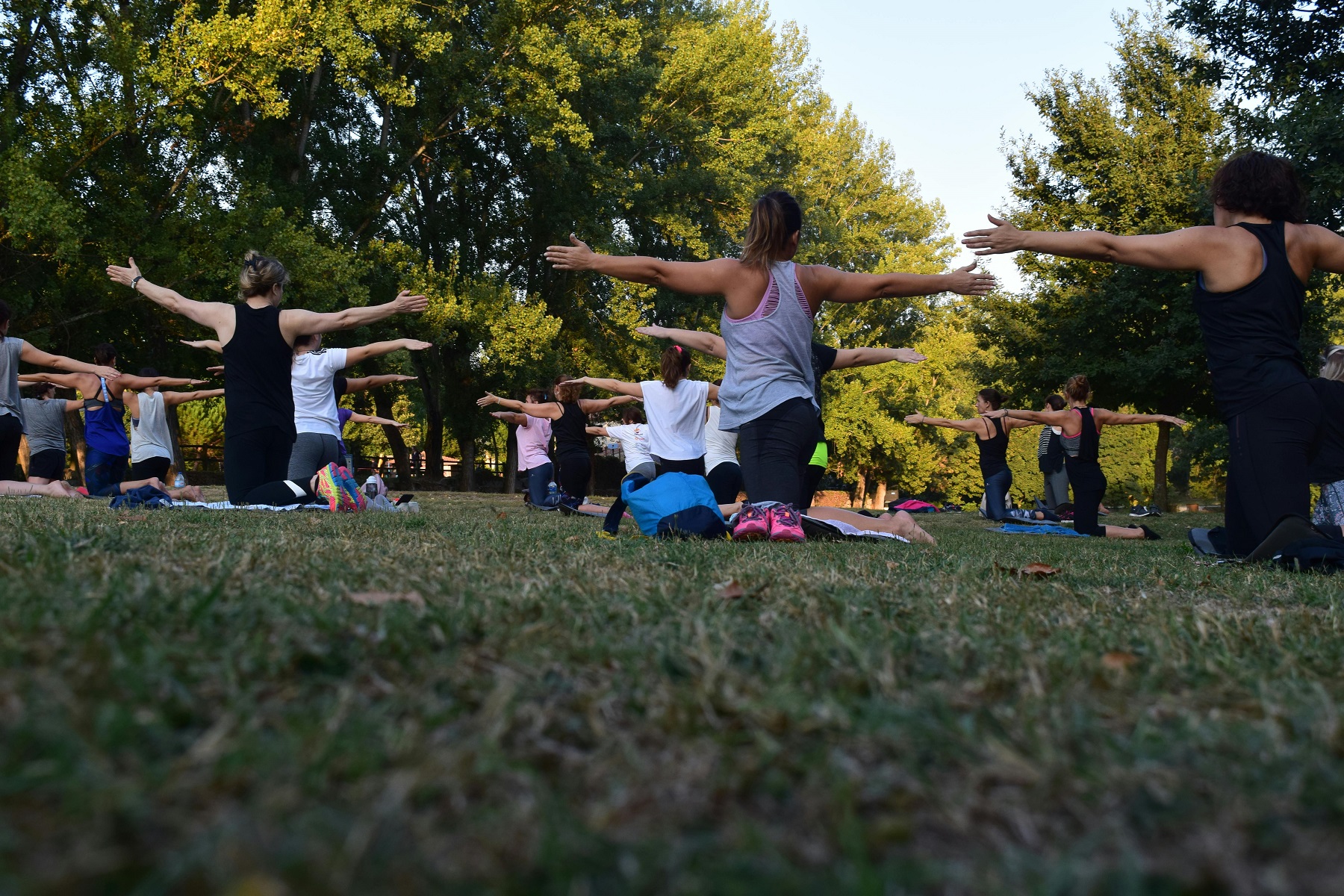Yoga - a practice beyond physical fitness
Published
Read time

What does Yoga mean?
Yoga is an ancient Eastern practice whose origins can be traced back to over 5,000 years. The term “yoga” is a Sanskrit word which is translated to “yoke”, meaning to join together or to unite.
The popularity of yoga has increased globally with the main focus on physical postures, known as “asanas”. Frequent practice of asanas has a great number of benefits on our physical health, however yoga has benefits beyond physical health. Yoga is a form of mind-body practice with additional components including breathing exercises, relaxation techniques and meditation, as well as asanas. Encompassing all four components results in a more holistic wellness practice.

Impact of Yoga on Stress and Mental health
We are currently living in a stress epidemic and the many reports of burnt-out individuals is at an all-time high. With these rates ever increasing, it eventually leads to more cases of stress, depression, anxiety and insomnia.
Daily pressures from work-related deadlines, financial, and relationship stressors result in an overactivation of our “sympathetic nervous system”, which is our “fight or flight response”. Chronic overactivation leads to an increase in cortisol, our stress hormone, which contributes to an increased risk of many chronic ailments, such as heart disease, stroke and diabetes.

Yoga is a form of mindfulness; focusing on body awareness during physical postures, breathwork and relaxation techniques, gives us space to take a step back from external pressures allowing us to focus inward and stay in the present moment.
Lifting this sensory overload from the external world, has a direct physiological effect on our body, resulting in activation of our “parasympathetic nervous system”, or “relaxation response”, which decreases heart rate, breathing rate and blood pressure, while improving digestion, reducing stress hormones, and enhancing sleep.
Impact of Yoga on Physical health
Yoga improves the blood flow and oxygen delivery to cells, improving their function. Some physical health benefits include:
Improved heart health and brain health
By contributing to the health of our blood vessels, yoga decreases the risk of both heart disease and stroke. It directly addresses the risk factors for cardiovascular disease:
- Improved blood pressure
- Better diabetes management
- Lowering of cholesterol
- Weight management
- Reduction of visceral fat
Improved immune health
Practicing yoga on a regular basis increases the body’s natural anti-oxidants which can help in the prevention of infections by strengthening our immune system.
Decreased chronic pain and an improvement in arthritis
Physical postures during yoga takes you through a wide range of movement, this increases the blood flow to our joints and results in a decrease of joint ache and an improvement in the symptoms of arthritis. By strengthening our muscles, this will support and put less stress on the joints and reduce some of the pain associated with arthritis.
Healthy ageing
Yoga has shown to prevent functional decline as we age. Regular practice results in:
- Reduced risk of sarcopenia (age-related muscle loss)
- Reduced risk of osteoporosis and fractures
- Improved balance and flexibility

Making Lifestyle Changes
The key is to focus on making small, sustainable changes that can lead to significant long-term benefits. For instance, you may be more likely to stick with physical activity if it involves social interaction, like playing tennis with friends, rather than committing to a gym membership. Having an accountability partner when making lifestyle changes can also increase your success through providing support and motivation.
Resources :
Yoga with Adrienne – YouTube
Full sun salutation - Harvard Health
For breathing exercises: https://dimawadjih.com/breathing-room
References :
Woodyard C. Exploring the therapeutic effects of yoga and its ability to increase quality of life. Int J Yoga. 2011;4(2):49-54
Yogainternational.com
An Introduction to Yoga, Special Health Report, Harvard Medical School